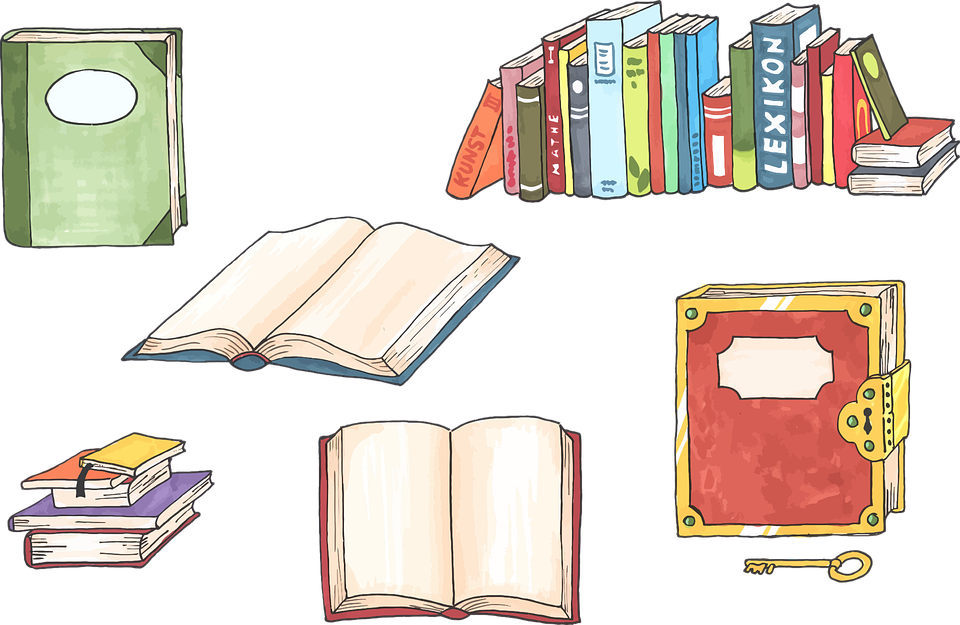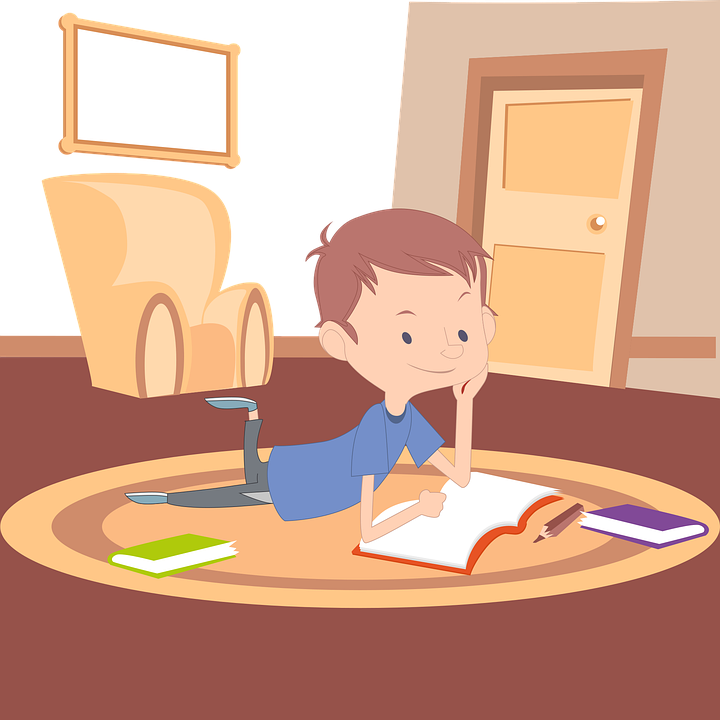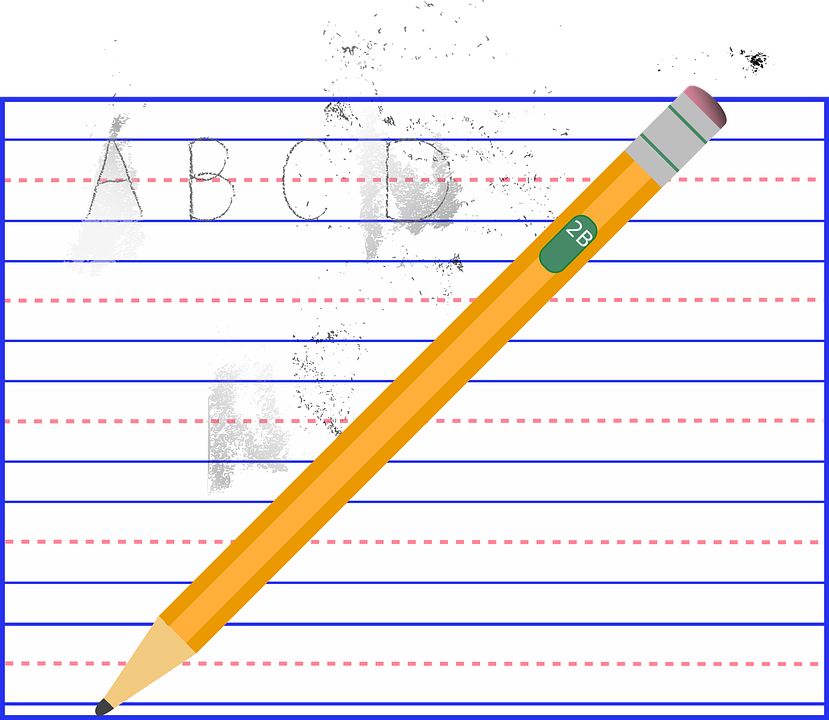How can you support your child learn the alphabet?
One of the first steps in your child's reading journey is learning to recognize letters. Your young learner will need letter recognition skills before they can begin to sound out words, shuffle syllables, or master other early reading basics. Also Read: Drawing For Kids
Letter Recognition
When helping your child recognize letters, it's helpful to remember that all children have unique personalities, meaning they have unique learning styles. This will support you and your kid to feel confident in their reading and learning effects!
Many children can express an interest in learning the alphabet by two or three. This can manifest in several different ways. If they have older siblings, your child may ask for "homework" while the siblings do their homework.
Around this age, your child may also notice that people around him read books that look different from them. There are more words than pictures in these books. Your toddler may also want to know how to read those "big" books!
Since your child has probably not yet enrolled in formal education, their initial interest in reading and recognizing letters may be mild and fleeting. This is great! There's no requirement to flow for this.
But if you're looking to improve your child's letter recognition skills or engage them more purposefully, stay tuned for tips on how you can help your child learn the alphabet!
Tips to Encourage Letter Recognition
Prioritizing missive recognition exercises that are delightful, simple, and amusing for your child is a wonderful way to allow them to rehearse consistently and actually.
There are many ways to introduce your child to the alphabet and help him learn letters or improve his alphabetic skills if they are starting to recognize letters. Here are some fun and easy ideas you can try in your own home!
Read Alphabet Books
While this technique may seem simple and common, it's common for a reason - because it's effective! And as a bonus, you probably already have a few alphabet books at home.
Repeated exposure to the alphabet lays a strong foundation for your child to develop letter recognition skills. Starting with the basics is essential to prepare them for more reading activities as they grow and develop.
Once your child is introduced to the basics, they can move on to more advanced beginner reading activities.
Touch and Feel the Letters
Kids spend all day feeling and exploring the world about them. Teaching your child letter sounds can be easier (and more fun for them!) when you're just dealing with visual or non-auditory skills.
Plus, let's be honest—kids love messy! Allowing them to tinker with letters gives them a great incentive to learn.
We recommend using anything malleable enough to turn into letters around the house. Shaving cream, pipe cleaners, PlayDoh, and popsicle sticks are great options.
Discover Names Together
This activity can be effective and helpful in helping your child recognize letters and learn the names of people in sports teams, school classrooms, or any other group of people.
If you want to try this with your child, write a list of people in your focus group. If this is your first time doing this activity, consider starting only with your child's immediate family to make it a little easier.
Print the names on a large piece of paper in a bold, easy-to-read color. Then ask your child, "Which name has Him in it?" Invite her to convey the letters by stating something like.
Change the letter in question until they close each name, and then help them collect all the letters they find!
To add to the fun, play a game of seeing which letter appears the most. You can even bet in advance (we recommend banking on a vowel). Whoever guesses which letter will appear more often gets a prize!
This activity helps reinforce two ideas in your child: the first stimulates letter recognition skills by repeatedly exposing them to the alphabet.
Second, it helps them understand that the alphabet is a code of symbols (letters). To learn to read, they must first learn to recognize their letters!
Create Personalized Alphabet Cards Set
Similar to alphabet books, alphabet cards are an easy and reliable option to help your child learn to recognize letters. And while there are so many alphabet cards on the market, it's so much more fun to let your child make their alphabet!
If you want to try this activity with your young student, all you need is some large index cards (blank paper will work if you don't have index cards) and lots of fun, decorative items, and supplies (the glitter is our personal favorite)!
Have your child write a letter on each card and then color and decorate it. You can also write a letter to younger children and let them spruce up as much as they want!
This activity is great because it allows your child to tailor their learning to their highly personal and specific interests.
By creating their cards, your child will be able to exert some autonomy and independence on learning goals. It can help them invest more in their letter recognition journey!
Letter Recognition as a Strong Foundation
Practicing letter recognition with your child is all about building a solid foundation they can use to kickstart the rest of their reading and learning journey!
We hope these suggestions will help develop your child's letter recognition skills. As your developing reader learns to recognize letters, remember that every child is unique. What performs for one may not function for another.





















0 Comments